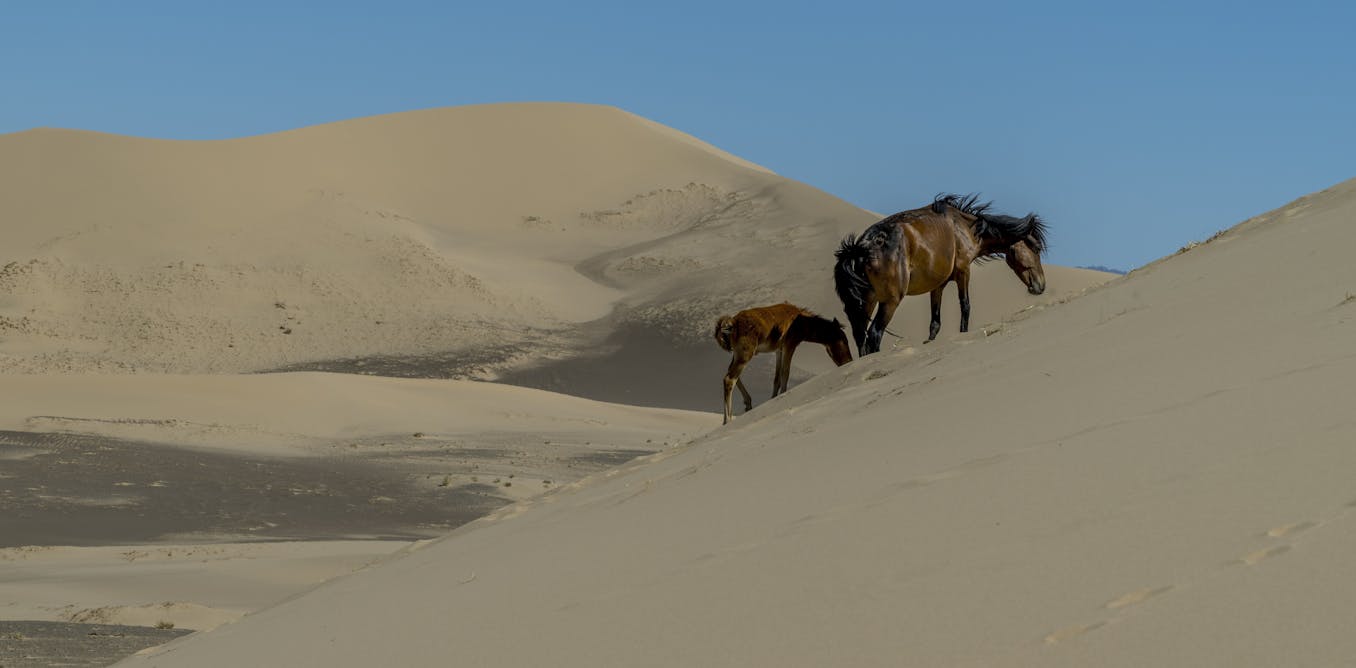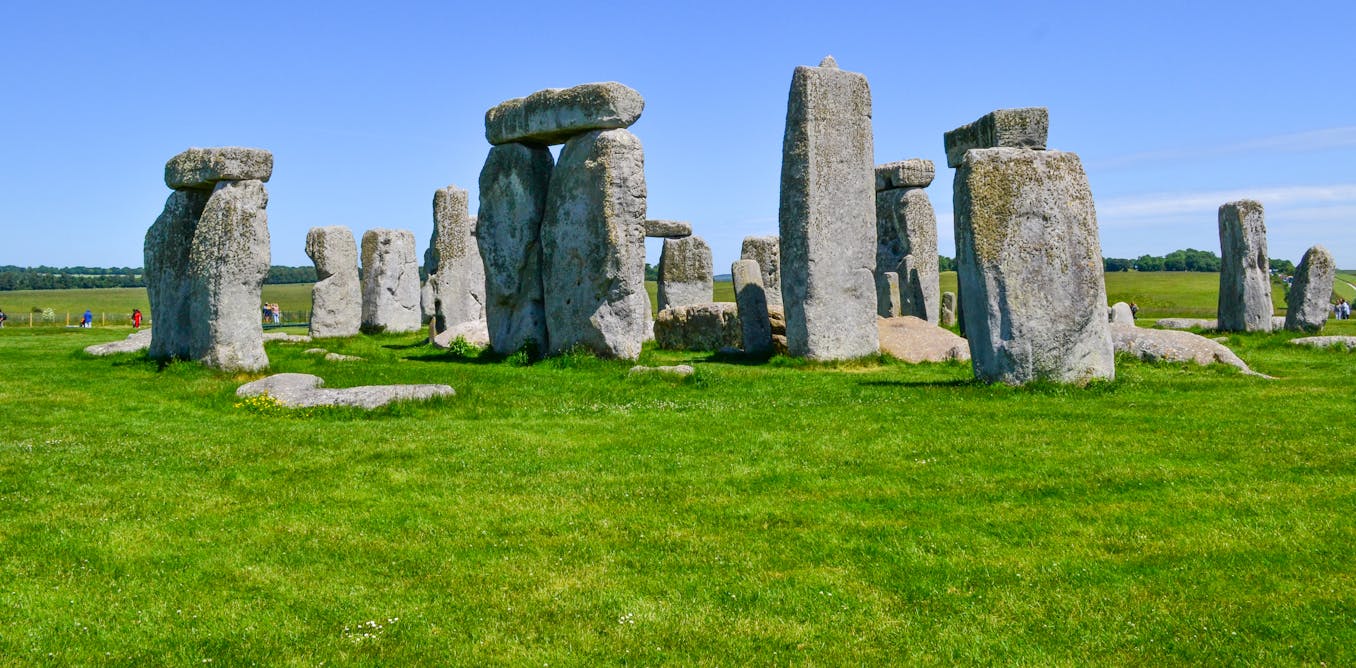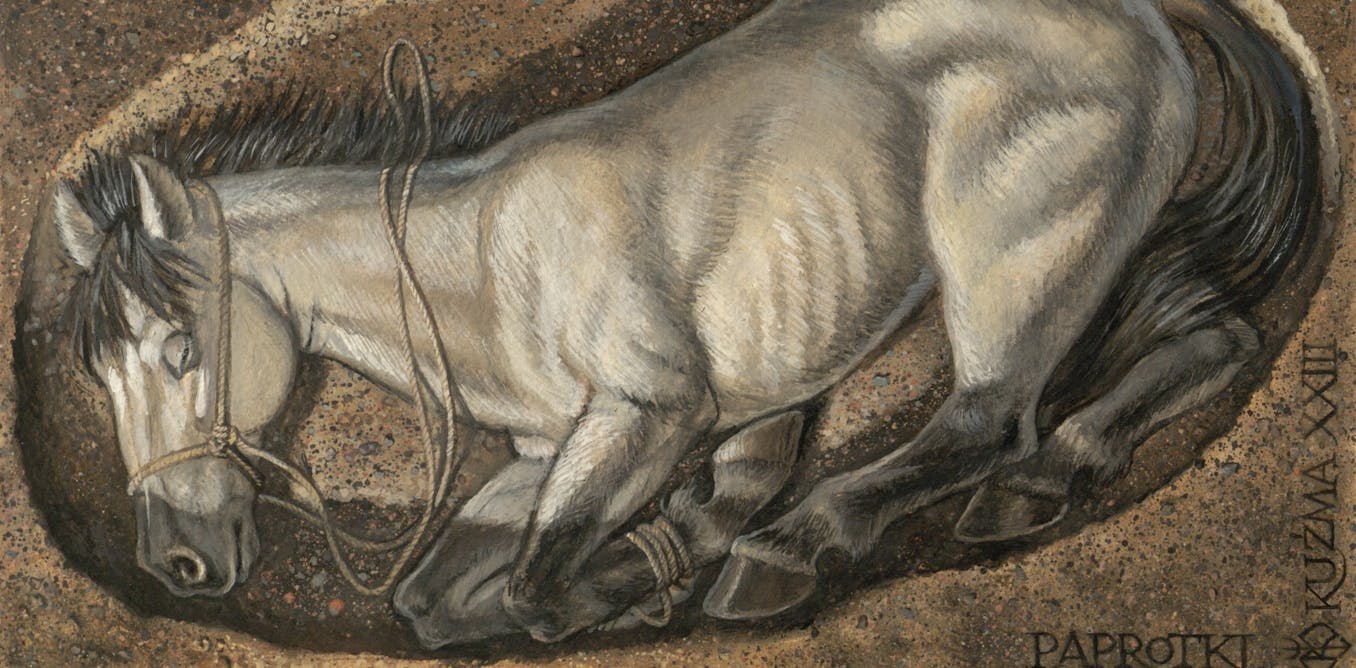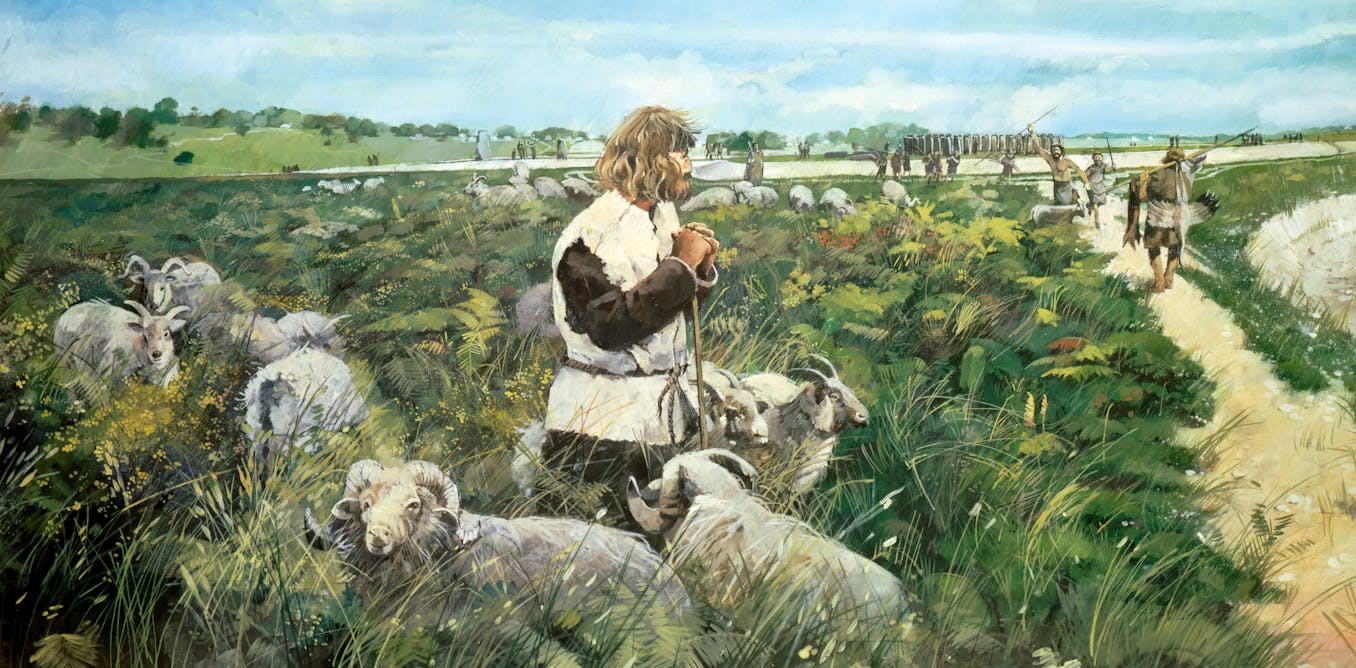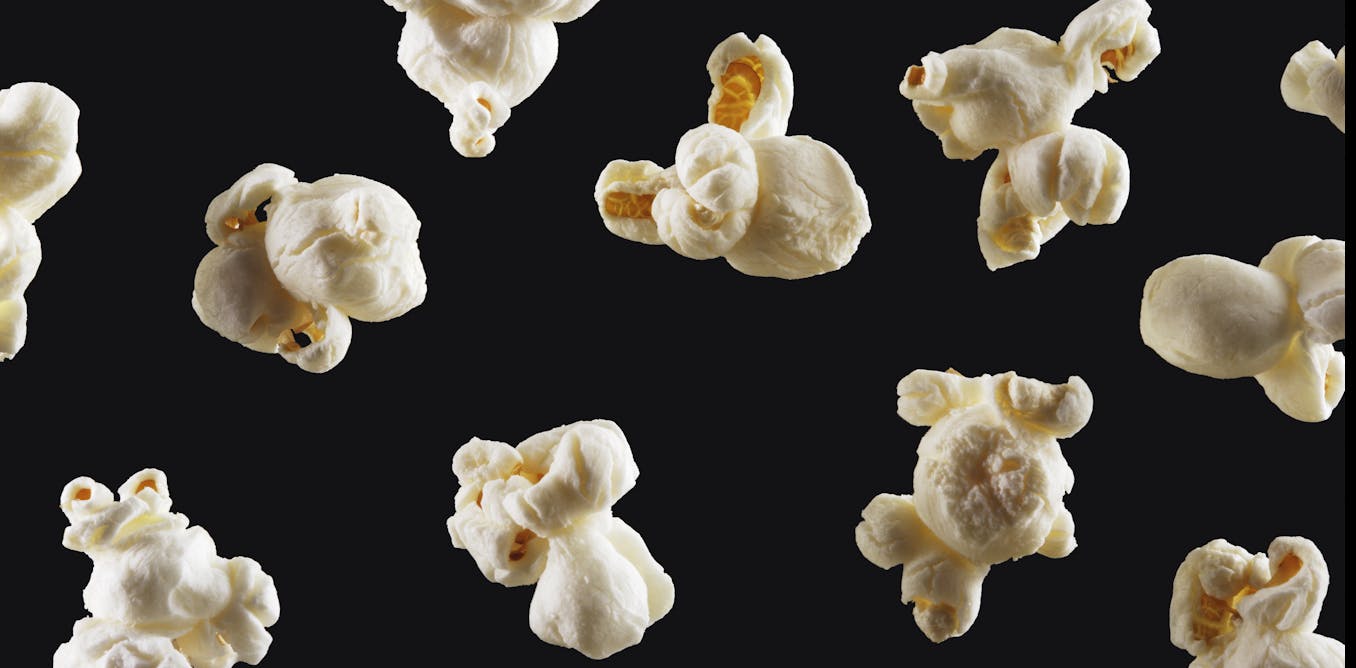Domesticating horses had a huge impact on human society − new science rewrites where and when it first happened
New analyses of bones, teeth, genetics and artifacts suggest it’s time to revise a long-standing hypothesis for how humans domesticated horses.
Sept. 3, 2024 • ~10 min

